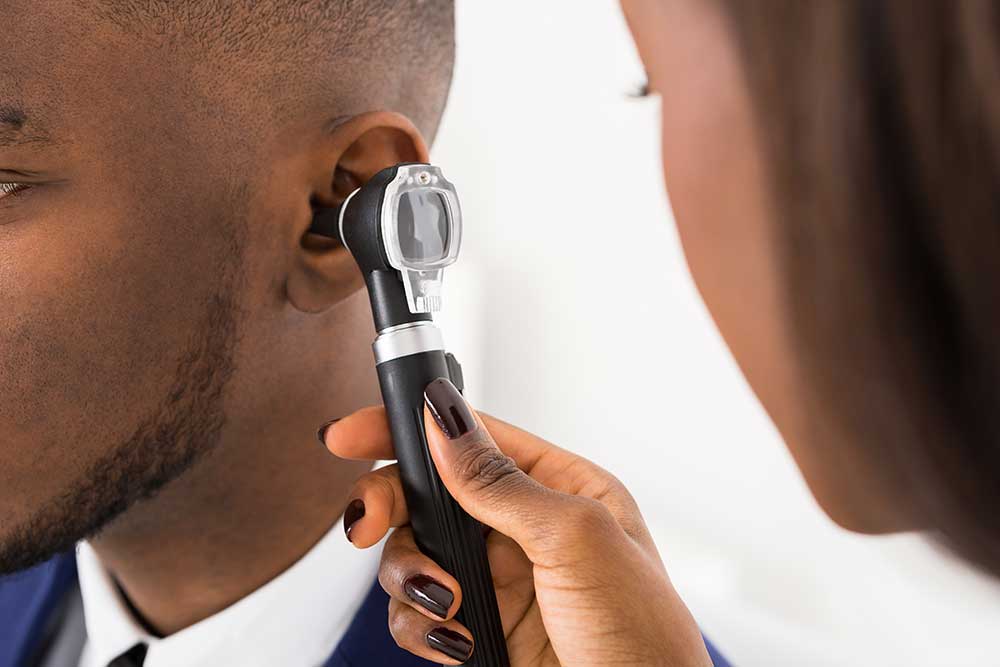 Hearing loss ranks as the third most prevalent health problem across the nation. Interestingly, it is also the most frequently reported congenital disability and the most common work-related injury among manufacturing and construction workers. Despite the data, many people continue to put off scheduling routine appointments with their audiologists.
Hearing loss ranks as the third most prevalent health problem across the nation. Interestingly, it is also the most frequently reported congenital disability and the most common work-related injury among manufacturing and construction workers. Despite the data, many people continue to put off scheduling routine appointments with their audiologists.
Audiologists are medical experts that focus on ear issues. This means that they are the ones that are most likely to be able to assist you if you have any problems at all. Here are the typical top signs that you should visit an audiologist.
- Your ears are hurting.
One of the worst feelings is undoubtedly earache, which can make you unbalanced and anxious. Wax compaction is the most frequent cause of ear pain. This occurs when a thick buildup of wax is pressuring your eardrum. Although it’s unpleasant, an audiologist can remove the wax quickly. In addition to excessive cleaning or using a cotton bud, ear wax buildup can also be brought on by your ears producing too much wax.
- You have too much earwax.
Everyone produces earwax; however, some people produce more than others. You may not be able to hear clearly if you have earwax buildup. Maintaining clean ears is crucial for your hearing health, whether you wear hearing aids or have never done so. Remember that removing too much wax buildup without hurting your ears is challenging, but an audiologist or hearing care specialist can do it safely.
- The ears are ringing.
After a night out, ear ringing is normal and will go away in due course. Nevertheless, if the ringing persists for an extended period, it’s time to consult an audiologist. This can be a sign that your hearing is failing you, or it could be tinnitus. Your audiologist will be able to assist, whatever the reason, either by fitting specific hearing aids, which you can click here to buy or by employing a masking device to hide the ringing sounds.
- You’re worried about hearing loss.
Hearing loss is the most typical issue an audiologist deals with. You may require a hearing test if you notice that your hearing has changed or if you experience symptoms like difficulty understanding speech or needing to crank the TV level up and up. In addition to conducting visual inspections of the outer ear to assess the risks to your hearing and possible physical reasons for hearing loss, audiologists also learn more about your medical history and lifestyle. The whole range of your hearing is then recorded during a more thorough hearing assessment to determine whether you have hearing loss, for which they can propose a course of treatment like the use of hearing aids.
- It has been some time since your last checkup.
Everyone should have their hearing regularly checked. Many adults, though, last had one in elementary school. Anyone over 21 should include a hearing test every three to five years in their yearly physical examination to ensure that their hearing hasn’t changed. Although our hearing tends to deteriorate, everybody over 65 should get a yearly hearing checkup. Any loss can be examined during a hearing test to determine the best course of action.
